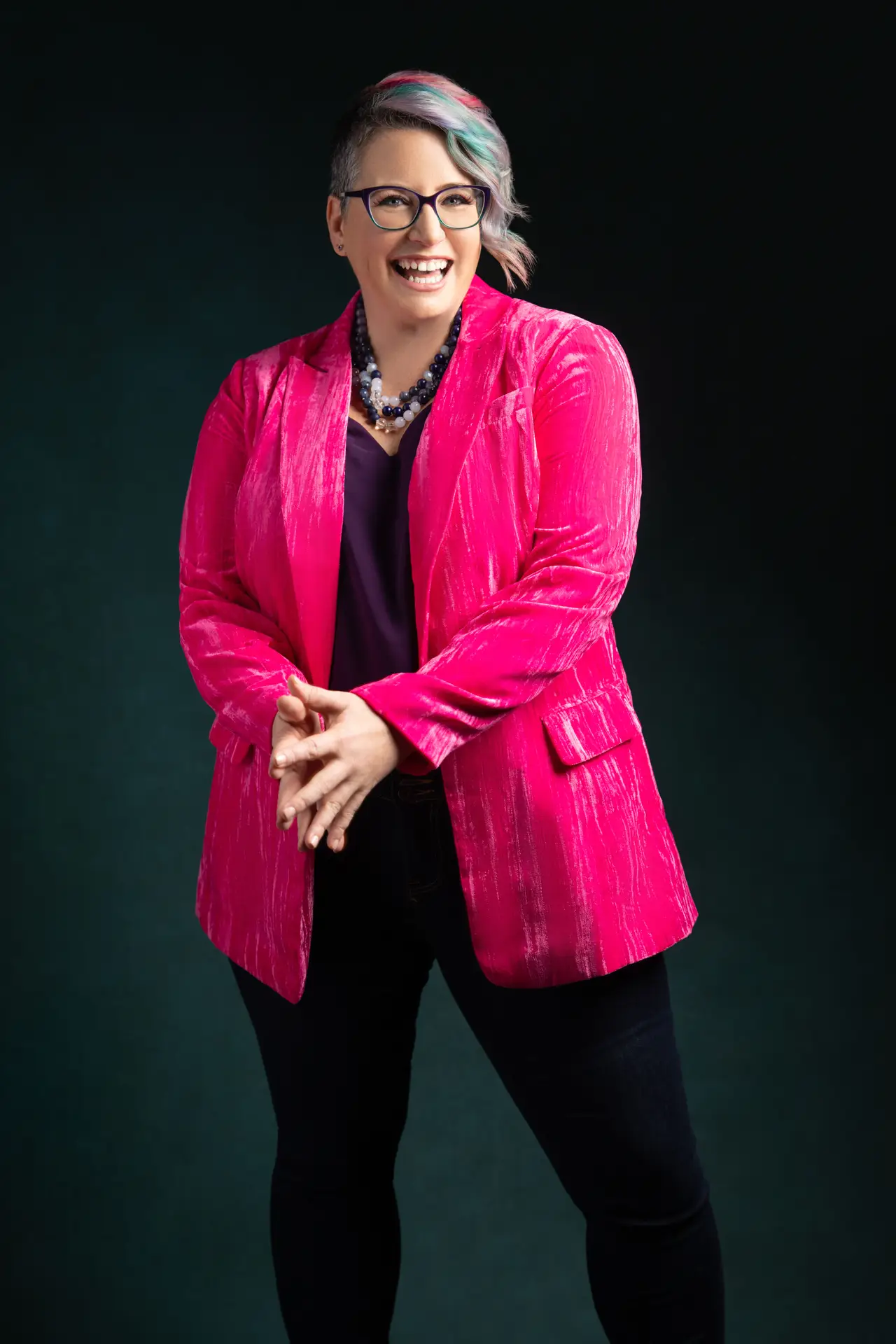Get some clarity.
This isn’t junk mail… this is life mail. These are strategies for your real life. My newsletter, Clarity, gets delivered to over 30,000 people each week to help them get clear on how to be the parent your neurodivergent kid needs. I’d love to help you, too. Subscribe now, it’s free.








Hi
My daughter is 10 and is diagnosed with autism and I believe she also has ADHD too.
She regularly has impulsive moments where she will for example empty shampoo,shower gel etc over the bathroom floor or empty things from the kitchen like a jar of coffee over the floor. I try not to react when I see the mess I just ask why she had done that. She tends to laugh when she is doing things like this.
My son did the same thing when younger. He'd pour bottles of shampoo and body wash down the drain in the shower. I think it's curiosity and boredom. I put shower liquids in travel size bottles and only put those in the shower. I also gave him things he could fiddle with in the shower — like a back scrubber, bath paint sticks, bubbles to blow… And we talked calmly about the cost of soap on occasion.